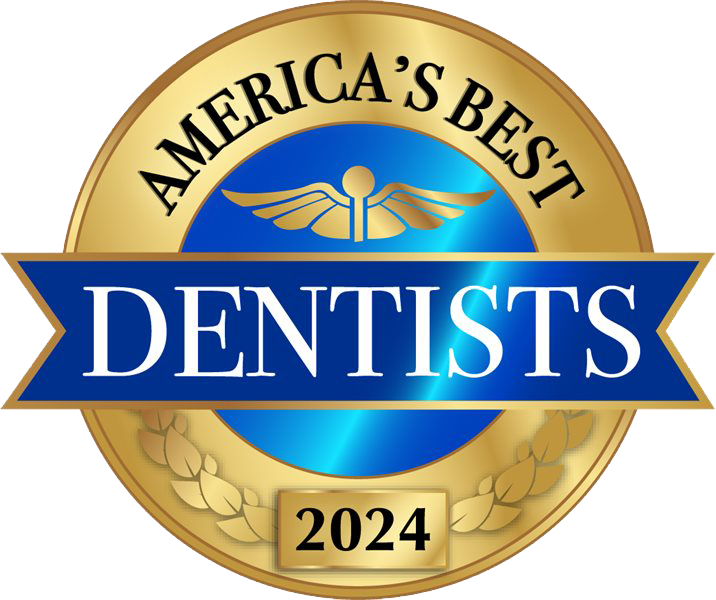Is Dental Work Safe During Pregnancy?
Cherrywood Dental • January 17, 2020
Not only is it safe to go to the dentist while pregnant – you should! Untreated tooth decay, gum disease, and other oral health concerns can be harmful to both you and your growing baby. Regular trips to the dentist are recommended, whether you are pregnant or not. For many, a routine check-up every six months is best; however, your circumstances will dictate how frequently you should schedule exams. When dealing with changing hormone levels, your oral health is at a higher risk.
Common Dental Issues During Pregnancy
Your dentist will likely recommend making several appointments throughout your pregnancy to ensure that your teeth and gums are healthy. At these critical appointments, your dentist can also recommend adjustments to your oral care routine or carry out any necessary treatments.
The most common dental issues women experience during pregnancy include:
- Gingivitis
- Cavities
- Gum Tumors
- Enamel Erosion
Radiation From X-Rays
One of the most common concerns women have while visiting the dentist while pregnant is if they will be exposed to radiation from X-rays. Modern dental X-rays use extremely low doses of radiation, and a single dose is not typically high enough to cause any adverse effects in the development of the fetus. Your dentist will ensure that your baby is shielded from any radiation by using a lead apron and thyroid guard.
While X-rays are considered perfectly safe during pregnancy, your dentist may still recommend avoiding them during the first trimester if you’re only having a routine check-up.
Anesthetic Can Be Used Safely
Anesthetic can still be utilized safely to help you relax and numb your mouth while pregnant. It’s essential that you inform your dentist about your pregnancy so they can choose subtable anesthetics and set appropriate levels.
Anesthetic containing felypressin should be avoided during pregnancy due to how the chemical constricts blood vessels. Ask your dental practitioner about any questions or concerns you have regarding the type of anesthetic they’re using.
Root Canals Can Be Performed at Any Stage
If tooth decay reaches the inside of your tooth where the nerve endings are, this can be extremely painful. Root canal treatment can stop the pain by removing the infected tissue and restoring the tooth with a natural-looking dental crown. If you are faced with a dental emergency, a root canal can be safely performed at any stage of pregnancy and shouldn’t be delayed.
Teeth Whitening and Other Cosmetic Treatments
In-office teeth whitening treatments can be performed while you are pregnant; however, your dentist may recommend waiting until after the birth for most non-emergency dental treatments. Teeth whitening and other cosmetic dentistry treatments should be avoided during the third trimester in particular, as you may be uncomfortable in lying still for long periods.
Avoiding Dental Emergencies While Pregnant
Following a good oral hygiene routine makes it less likely that you will need to correct dental issues during pregnancy. In addition to regular brushing and flossing, you should also attempt to avoid acting on unhealthy cravings and visit your dentist for your bi-annual exams.
You should also avoid brushing your teeth immediately after experiencing morning sickness. Brushing too soon can cause damage to the surface enamel on your teeth due to acidic levels. Instead, rinse your mouth with water and wait to brush your teeth for 30 minutes.
If you’re planning to become pregnant, it’s recommended to visit your dentist. Taking care of any outstanding dental issues, such as impacted wisdom teeth or a more extensive dental procedure, will help to reduce the risk of complications. Contact Cherrywood Dental Associates today to schedule your next prenatal dental exam!



